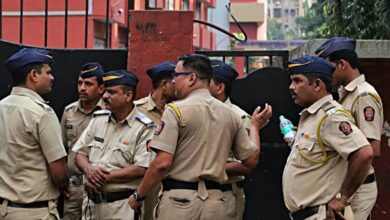How Can You Prevent Digital Arrest? Experts Discuss Dos and Don’ts

Digital arrest cases in India have been increasing rapidly, with scammers posing as police, law, and government officers demanding money from people. Cybersecurity officers warn that relying solely on antivirus software or firewalls is not enough to protect against these scams. Cyber law expert Pawan Duggal defines digital arrest as the attempt to create fear and panic in individuals before extorting money under false pretenses.
Sundareshwar Krishnamurthy, a cybersecurity expert at PwC India, suggests adding extra layers of security to make the system stronger and safer. He recommends using MuleHunter.AI, a tool that allows bank customers to stop or block suspicious transactions immediately. Rajneeth Bellary, a cyber forensics expert at EY India, suggests protecting oneself from cyber fraud by blocking and reporting suspicious numbers and using caller ID apps.
Lt General Rajesh Pant, India’s National Cyber Security Coordinator, advises reporting suspicious calls using the “Report Suspect Tab” on cybercrime.gov.in. The Indian Cyber Crime Coordination Center (I4C) handbook has listed dos and don’ts to prevent digital arrest, including not talking for too long with scammers, not trusting callers pretending to be relatives or friends, and never sending money out of fear of losing reputation.
Banks should only complete large transactions after confirming with the account holder, and consider purchasing cyber insurance to protect against online fraud. The Ministry of Home Affairs (MHA) reports that several people have lost significant money to such scams. The I4C coordinates activities related to combating cybercrime in the country and provides inputs and technical support to police authorities of states/UTs for identifying and investigating cases. Citizens are advised to be alert and spread awareness about these types of frauds, and to report incidents on cybercrime helpline number 1930 or www.cybercrime.gov.in for assistance.






